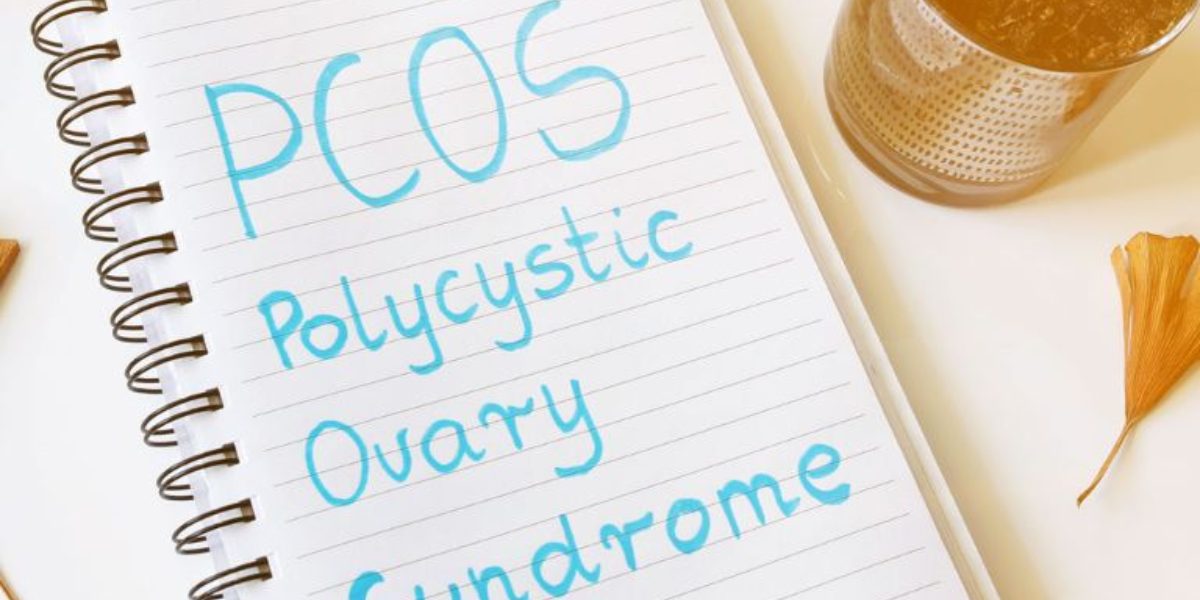It was in 2016 when I started missing my period. Around the same time, I also started to experience sudden changes in my mood and energy. I always felt fatigued and irritable, endured headaches and insomnia, and had sudden cravings while my appetite fluctuated.
After taking medical tests, pregnancy was ruled out and my OB-Gyne officially diagnosed me with Polycystic Ovary Syndrome (PCOS).
What is PCOS?
Polycystic Ovary Syndrome (PCOS) is a health condition that affects about 10 million women in the world, according to the PCOS Awareness Association. It is considered as a hormonal problem, however, the exact cause is unknown.
Dealing with PCOS can be a difficult process, especially in the beginning. You need a support system that can understand what you’re going through, and it doesn’t have to be a person. I found mine in the PCOS Awareness Association (www.pcosaa.org) where I learned more about PCOS.
On their website, I found out that PCOS symptoms may begin shortly after puberty, but can also develop during late teen years and early adulthood. Because symptoms may be attributed to other causes or go unnoticed, PCOS may go undiagnosed for some time.
Apart from the symptoms I experienced, typical symptoms include acne, infertility, pelvic pain, thinning hair on the head, unwanted hair growth, and weight gain. Although some people may develop cysts on their ovaries, many people do not.
Managing PCOS
There is no treatment for PCOS. However, there is a variety of solutions you can try to deal with the symptoms.
The first step my OB-Gyne advised was to regulate my menstruation with a contraceptive pill. It took a year of trial-and-error to find the best pill for my body. As it is a challenging process, it is important that you find a doctor that not only specializes in PCOS, but someone who you can trust to go through this journey with you.
While attending regular check-ups, it is also important that you adjust your lifestyle by incorporating exercise and proper nutrition.
A low-sugar, low-carbohydrate, and anti-inflammatory diet is what I found to be the most beneficial in eliminating symptoms and promoting weight-loss. In fact, the Diet Diva GLOW Food Plan (Gluten-Free, Low Carb, Low-Sugar) was created because of my PCOS journey.
Here’s a quick food guide:
- Eat foods that can help reduce inflammation including tomatoes, kale, spinach, almonds and walnuts, olive oil. Avoid gluten, which is commonly found in wheat products and and soy sauce, as it causes inflammation in the body.
- Avoid red and processed meats and instead, choose lean meats such as tofu, chicken and fish, especially fatty fish high in Omega-3 fatty acids such as salmon and sardines.
- Avoid sugar as high insulin levels are the main reason for increased cravings for sweets for those with PCOS. The reason is simple: insulin is a growth hormone and appetite stimulant.
- Include a lot of high-fiber foods to combat insulin resistance by slowing down digestion and reducing the impact of sugar on the blood, which may be beneficial to women with PCOS. Great options for high-fiber foods include broccoli, cauliflower, leafy greens, bell peppers, sweet potatoes, and pumpkin.
Along with proper nutrition, it is essential that daily cardiovascular exercise is added to your lifestyle. If you currently don’t have cardio in your routine, try your best to squeeze it in your schedule even for just 30 minutes to promote not just weight-loss, but an overall sense of well-being.
Moreover, it’s important you find an activity you enjoy. So even if fatigue kicks in, you can easily motivate yourself to move. Include other stress reduction techniques too, like yoga and meditation to calm the mind and connect with your body.
Connecting with people
My final piece of advice is to find people to connect with. This can be a health coach, your fitness buddy, friends and family, or someone with PCOS going through the same struggle. You will need their encouragement when you feel that it is difficult to lose the excess weight and keep it off. It will happen, and that is okay. Sometimes it takes months for any progress to happen, despite the daily efforts, but it is important to just continue. Doing something is always better than doing nothing. Know that your efforts now, even with no measureable results at the start, help reduce the risk for developing serious health complications like diabetes, heart disease and high cholesterol in the future.
.png)







.png)

